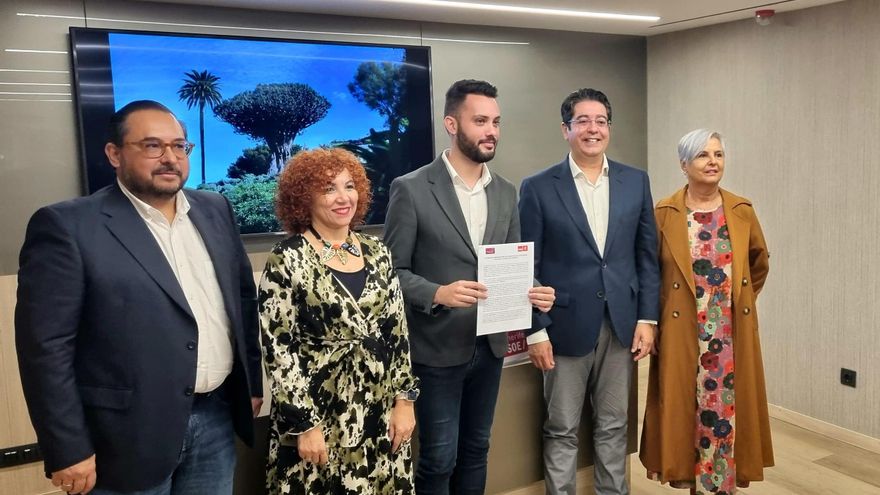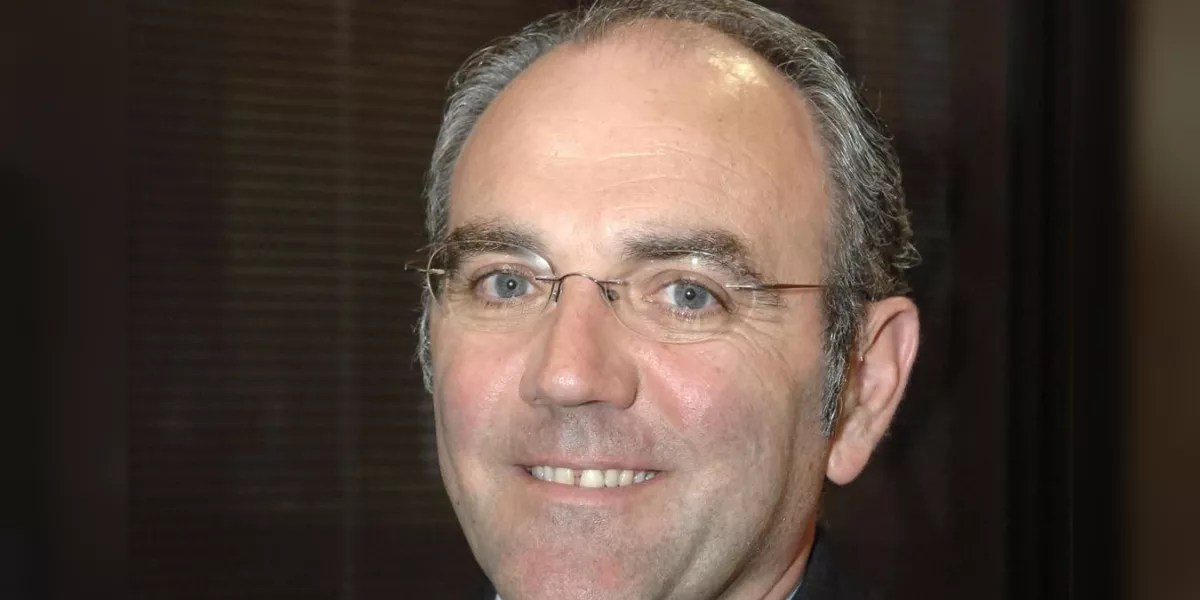
The entrance of two PSOE councilors into the local government of Icod de los Vinos under the leadership of Javier Sierra from Alternativa Icodense aims to restore the “historical prestige lost during the previous term”, according to Pedro Martín, the general secretary of Tenerife socialists during the recent press conference where the alliance between Alternativa Icodense and the PSOE for this term was announced.
As part of this deal, socialist councilor Gerardo Rizo assumes the role of first deputy mayor and tourism councilor without remuneration. The other PSOE councilor from last year’s May elections, Soledad Palenzuela, takes charge of the Seniors, Equality, and LGTBIQ+ department and serves as the fifth deputy mayor.
Javier Sierra, who was part of the PSOE until 2018 before leaving to form a new political initiative, expressed his “delight” regarding this partnership that “will provide stability and strength” to the City Council, despite lacking a majority. The mayor and leader of Alternativa emphasized, “Our primary focus is the people of Icodense and steering the municipality out of the standstill it faced during the previous term.”
The formation of a majority government team remains inadequate. With the confirmed pact between Alternativa Icodense and PSOE, they hold 10 councilors, while the majority requires 11. Nonetheless, this pact secures Javier Sierra, the youngest mayor of Tenerife at 33 years of age, more stability in leading the City Council.
Over the last eight months in office, the leader of Alternativa Icodense faced constant threats of a vote of no confidence from the opposition, comprising the 7 councilors of CC and the 4 from the PP.
“The pact has been reached after a smooth dialogue and the necessity of providing stability to the residents,” emphasized the mayor, Javier Sierra.
However, everything changed on November 27 when PP councilor José María Polegre requested to be independent. Without Polegre’s support, it seems unlikely that CC and PP, who are only a councilor away from a majority, will attempt a vote of no confidence. The collaboration with the PSOE thus brings more stability to the mayor, as of now, neutralizing the threat of a potential vote of no confidence.
Alternativa Icodense and PSOE have been negotiating this alliance since the beginning of the term, and it is now that the pact has been finalized. The mayor emphasized in the recent press conference, “The pact has been reached after a smooth dialogue and due to the necessity of providing stability to the residents.”
Javier Sierra pointed out, “Nobody is unaware of my association with the PSOE until 2018 and the opportunities it provided to represent the people of Icodense.” “Despite some disagreements, we have always had many converging views in our programs. This is the foundation for this alliance,” he declared.
Javier Sierra was Councilor for Culture, Festivals, and Citizen Participation of the Icod de los Vinos City Council for the PSOE until 2018. He narrowly missed becoming the general secretary of the Icodense socialists and, shortly after, a socialist mayoral candidate.
Sierra left the PSOE in 2018 after failing to lead the party and established Alternativa Icodense
He almost led the PSOE’s renewal in Icod. However, on April 3, 2019, he formally departed from the progressive party and joined the mixed group, while also affirming his intent to form a new party, Alternativa Icodense, with which he ran for election just a month and a half later.
His departure from the PSOE was notable. Despite minimal time to prepare for the campaign, he secured 5 councilors with Alternativa in the 2019 elections, accumulating over 2,500 votes. Four years later, in May 2023, he garnered 8 councilors and assumed the role of Mayor. Following these months of minority governance, his leadership will soon be enhanced with the inclusion of the two PSOE councilors. It is yet to be seen if this marks the beginning of Sierra’s return to the socialist party, now that his significant political influence in Icod de los Vinos has been acknowledged.
Representatives of the PSOE, including the general secretary of Tenerife, Pedro Martín, and councilor Gerardo Rizo, expressed their “contentment” with this pact, reflecting the harmony displayed “since the last term” when both parties were in the opposition.
Their objective: restore the municipality’s former significance, which presently houses 23,000 inhabitants. The priority: enhance mobility and connectivity with the rest of the Island.















